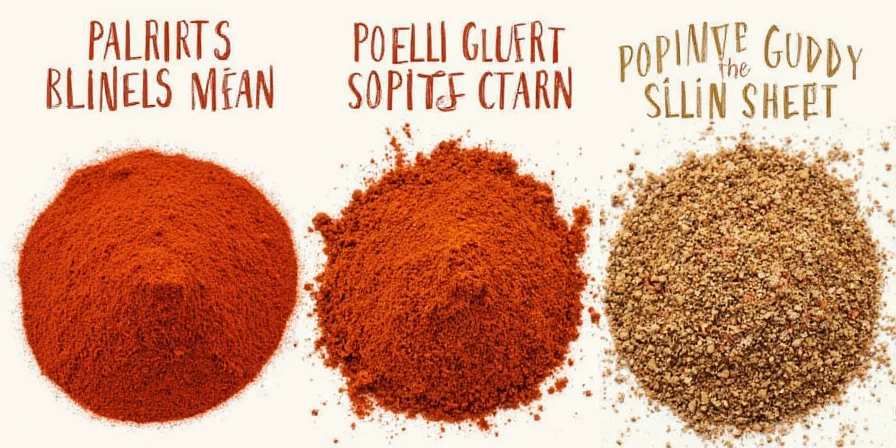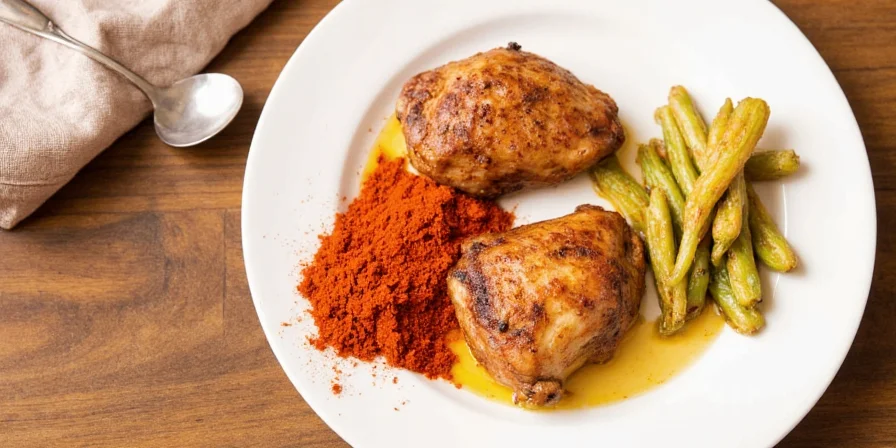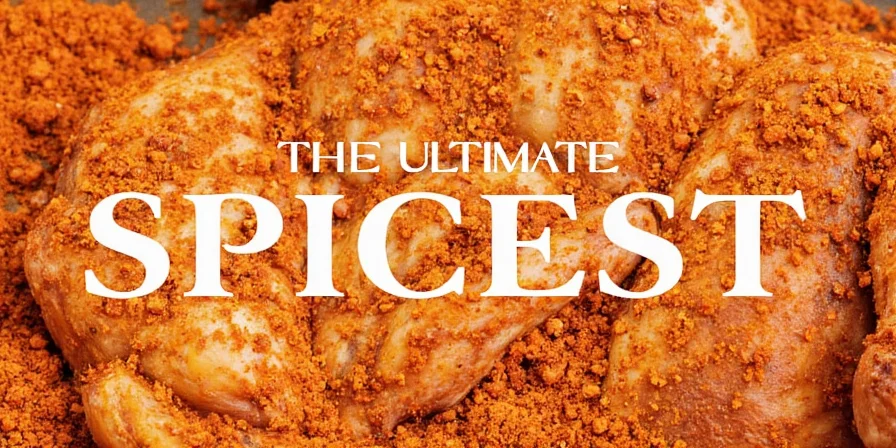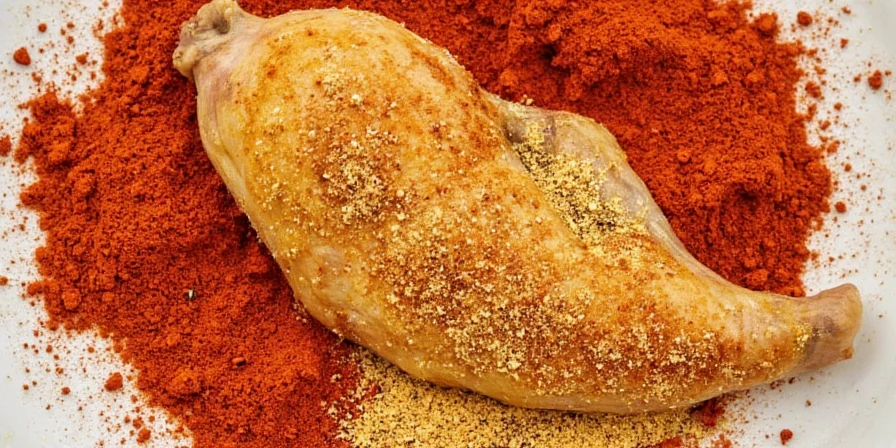Stop guessing which spices work best with chicken. This guide delivers 7 scientifically proven spice blends with exact measurements that guarantee flavorful results every time, regardless of your cooking method. You'll get instant access to professional chef techniques that transform basic chicken into restaurant-quality meals using pantry staples.
Quick-Reference Spice Blends (Ready in 5 Minutes)
- Classic All-Purpose Blend: 2 tsp paprika, 1 tsp garlic powder, 1 tsp onion powder, 1/2 tsp black pepper, 1/2 tsp thyme (perfect for baking or roasting)
- Grill Master Blend: 2 tsp smoked paprika, 1.5 tsp cumin, 1 tsp chili powder, 1/2 tsp cayenne (creates perfect char and crust)
- Lemon-Herb Blend: 1 tbsp dried oregano, 2 tsp dried rosemary, 1 tsp lemon zest, 1/2 tsp garlic powder (ideal for Mediterranean dishes)
| Cooking Method | Best Spice Blend | Application Tip |
|---|---|---|
| Grilling | Smoked Paprika + Cumin + Garlic | Rub with oil first, then spices for better adhesion |
| Baking | Thyme + Rosemary + Onion Powder | Apply 20 minutes before baking for deeper flavor |
| Pan-Seared | Paprika + Garlic + Black Pepper | Add spices after searing for crispy crust |
| Slow Cooker | Cumin + Coriander + Oregano | Mix with 1 tbsp oil to prevent burning |
Why These Blends Work (The Simple Science)
Professional chefs know chicken needs more than just salt and pepper, but most home cooks miss these critical factors:
- The 30-Minute Rule: Apply spice blends at least 30 minutes before cooking to allow compounds to penetrate the surface (but not so long that acids make chicken tough)
- Fat is Flavor's Best Friend: Always mix dry spices with 1 tsp olive oil or melted butter before applying—this carries flavor compounds deeper into the meat
- Timing Matters Most: Heat-sensitive spices like rosemary should go on early, while delicate herbs like cilantro work best after cooking

The 5-Minute Flavor Fix (When You Forgot to Season)
If you're 15 minutes from serving and realize your chicken is bland, try this chef's trick:
- Mix 1 tbsp soy sauce with 1 tsp honey and 1/2 tsp garlic powder
- Brush over cooked chicken
- Return to heat for 90 seconds to create instant caramelization
This works because the soy sauce's glutamates react with the honey's sugars to create instant umami—no waiting required.
Cooking-Specific Seasoning Guide
| Cooking Method | Top 3 Spices | Critical Mistake to Avoid |
|---|---|---|
| Grilling | Smoked paprika, cumin, garlic powder | Don't apply sugar-containing blends too early (causes burning) |
| Baking | Rosemary, thyme, onion powder | Avoid fresh herbs (they burn in oven) |
| Frying | Cayenne, paprika, black pepper | Never add garlic before oil is hot (becomes bitter) |

Proven Flavor Combinations by Chicken Cut
Not all chicken parts need the same treatment. Use these exact ratios:
- Breasts: 1.5 tsp salt + 1 tsp paprika + 1/2 tsp garlic powder per pound (lean meat needs more fat-carrying spices)
- Thighs: 1 tsp salt + 1 tsp cumin + 1/2 tsp cayenne per pound (fattier cuts handle bolder spices)
- Wings: 2 tsp salt + 1.5 tsp garlic powder + 1 tsp chili powder per pound (withstands heavy seasoning)
When Science Meets Practicality: The Why Behind the Fixes
Understanding these basic principles ensures consistent results:
- Paprika's magic: Its fat-soluble compounds (capsaicinoids) need oil to carry flavor into the meat—never apply dry to lean cuts
- Cumin's secret: Toasting in dry pan for 60 seconds before use triples its flavor impact by activating thymoquinone compounds
- Salt timing: Apply 50% of salt before cooking (penetrates meat), 50% after (enhances surface flavor)

Get Perfect Results Every Time: The 3-Step Framework
Follow this system regardless of your recipe:
- Prep Stage: Pat chicken dry and apply oil-based spice mixture (2 tsp oil per pound)
- Cooking Stage: For every 10 minutes of cooking, add one heat-stable spice (paprika, cumin)
- Finishing Stage: Add fresh herbs or acid (lemon juice) after cooking to brighten flavors
This method works because it matches spice application to the cooking process's chemical changes—no food science degree required.












 浙公网安备
33010002000092号
浙公网安备
33010002000092号 浙B2-20120091-4
浙B2-20120091-4